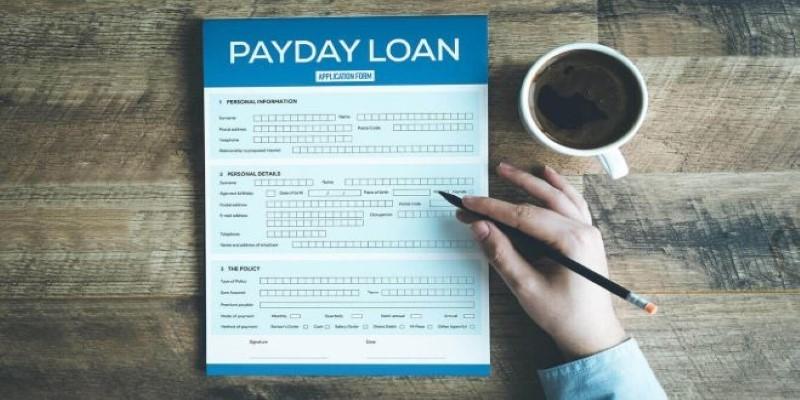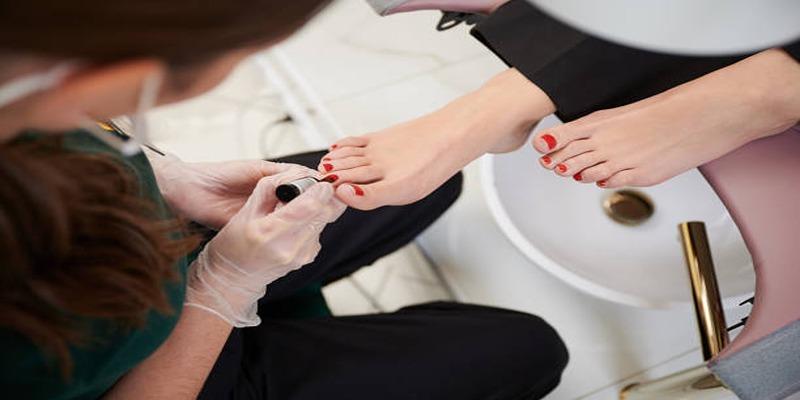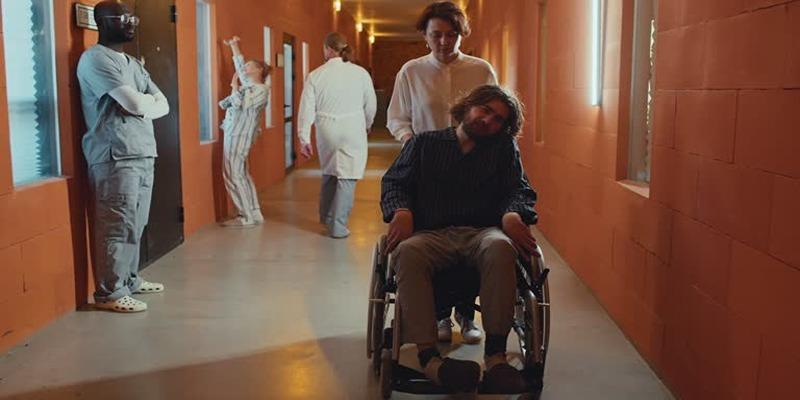Ever been stuck with that annoying, rhythmic hiccup that just won’t go away no matter what you try? We’ve all been there. Hiccups may seem harmless at first, but when they linger, they can become frustrating and difficult to manage. So, why do hiccups sometimes stick around? In this article, we’ll explore what causes hiccups, when they become a concern, and the best ways to treat them.
What Causes Hiccups?

Hiccups occur when there is a malfunction with your breathing muscle (diaphragm) that assists your breathing. At this moment your diaphragm pulls into position, and with this, you have a fast involuntary breath. That’s when you hear the "hic!" sound. This is the body actually saying to you, "Hey, there is something wrong!
Your diaphragm can get danced around by a great variety of things. It might be as easy as eating too quickly, drinking a carbonated soda or swallowing air. Sometimes when you are excited or nervous or even laughing too hard, the diaphragm can get mixed up and choose to hiccup. All this may interfere with the rhythm of breathing that makes you develop those galling hiccups.
When Do Hiccups Become Prolonged?
Hiccups do not often last long, and disappear in a matter of a few minutes. One day you get the hiccup going on a few hours, that could be worse. You soon begin to think, Why am I still having these hiccups? What’s going on?" Well, maybe it is because your diaphragm is getting back to normal too slowly, or something is just making it take longer to escape.
Mostly, when your hiccups take longer than 48 hours then they are said to be protracted or persistent. That is, your body has not been able to suppress the presence of hiccup reflex, which is not normal. Or it could be the so-called intractable hiccups, even longer than that. Once hiccups persist beyond days, even weeks or longer, it can begin to actually influence your day-to-day life as well as create issues with eating, problems with sleeping, frustration, and the list goes on.
Underlying Health Conditions Linked to Hiccups
So what is happening when your hiccups choose to burn their boots? Hiccups are usually harmless, and associated with commonplace occurrences, such as overeating or stress, although there are some situations, when persistent hiccups may be an indicator of something posing a serious threat. Your hiccups may not stop so your body may have a problem that requires medical care.
Persistent hiccups are associated with some of the following health conditions:
- Gastroesophageal reflux disease (GERD): This disease makes the acid flow out of your stomach and enter your esophagus. It can scratch your diaphragm and cause persistent hiccups.
- Stroke/brain injury: The diaphragm is controlled by the brain, and issues like a stroke or brain injury can interfere with the nerve signals your diaphragm receives, resulting in hiccups.
- Infections or inflammations: Infections such as meningitis or those affecting your digestive system can lead to long-lasting hiccups.
- Nerve damage: Slight damage to the vagus nerve or phrenic nerve, which help control diaphragm contractions, can cause prolonged hiccups.
- Metabolic disorders: Diseases like diabetes or kidney failure can create chemical imbalances in the body, leading to extended hiccup episodes.
- Tumors or growths: Rarely, tumors in the brain or near the diaphragm can compress nerves controlling the diaphragm, causing persistent hiccups.
How Can Prolonged Hiccups Be Managed?
When you just cannot get yourself to quit hiccupping, there is no cause to panic and more to the point there are things you can actually do to get rid of them. Besides easy techniques to cease hiccups in most individuals with chronic hiccups, physicians have alternative tricks in their bag. Some of the ways that may come in handy are listed below:
Take a Glass of Cold Water
Another way of stopping the hiccup reflex is by drinking a glass of cold water to somehow re-set the diaphragm. The sharp fall of temperature can assist in tensing the diaphragm and break the loop of humming. It may be better when you take your water in small sips or in your mouth and then swallow. This is an easy and very fast fix and therefore an easy remedy to unexpected hiccups.
Breathe In
Deep breathing and holding the breath as long as you can elevate the amount of carbon dioxide in your blood. This can be used to hiccup your diaphragm. Carbon dioxide accumulation is possible to decrease the hiccup sequence and stop the muscle contractions. It is a simple quick fix that does not involve any equipment, and this makes it one of the best ways to achieve sudden relief.
Gulp of Sugar or Honey
How to break a hiccup reflex: a swallow of honey/sugar may stimulate the vagus nerve and interrupt the hiccup reflex. The feel of sugar or the tacky character of honey stimulates the nerve, thus assisting in pacifying the diaphragm. Besides being effective, this home-tried sweet remedy is so easy to give so that when the hiccups occur unexpectedly.
When Should You Consult a Doctor?

Hiccups are not usually something to feel worried about, but when they persist beyond 48 hours you should always get yourself checked by a doctor. There should be signs of an underlying condition that requires treatment through the persistent or prolonged hiccups. When you have the hiccups, and other any physical signs--pain in the chest, shortness of breath, dizziness, or disorientation--this is when you should seek medical attention.
Your physician may order some tests to know what is triggering your hiccup needs, particularly when they go on weeks or complex situations come again and again. The bright side is that as soon as the root of the cause is found, there is usually a treatment that will help you get rid of them.
Conclusion
Hiccups may be a funny little trouble but sometimes they go on far too long and then they mean business. It could be because you ate something too quickly or because of stress or a health problem; but understanding what causes you to sneeze can help you work out how. You should not wait to visit the doctor even when your hiccups take seven days or longer. Suffering through them, is unnecessary and they can be cured and managed.












